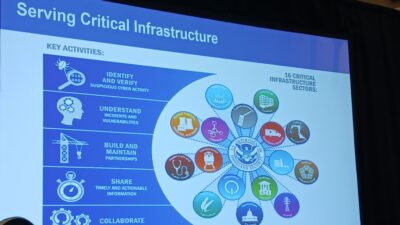More than a third of auto manufacturers are implementing augmented and virtual reality (AR/VR) technologies to address COVID-19 social distancing and other challenges according to a survey by Grid Raster.

Results of an automotive industry survey illustrates the critical steps auto manufacturers are planning and taking to leverage more automation technology to deal with COVID-19 social distancing, staffing shortfalls and the need for overall efficiencies in production.
The online survey, commissioned in July by Grid Raster, showed 39% of respondents are implementing augmented/virtual reality (AR/VR) technologies over the next 12 months.
The auto industry is among several sectors dealing with staffing shortfalls as positive COVID-19 cases and health concerns keep workers home. Companies quickly invested in safety measures to return plant production to pre-virus levels, but a rise in new cases has threatened setbacks for carmakers.
The survey also revealed that for 71% of automotive plant executives, COVID-19 has either moved them to start planning or “fast track” plans for AR/VR implementations. Sixty-eight percent of executives are planning to use AR/VR for virtual automotive design.
For automotive manufacturers that have already implemented AR/VR technologies, more than a third of them (38%) say they’re seeing a 10% to 15% increase in savings. Seventy-one percent are leveraging AR/VR for supplemental virtual labor on production lines, and another 65% are using it for virtual customer service visits.
Scalability is a major concern for many automotive manufacturers. Seventy-nine percent point to scalability as a primary concern as to why they haven’t implemented AR/VR yet, and for those that have made implementations, 52% said they need to move their AR/VR to the cloud for additional scalability.
“COVID-19 has taken a drastic toll on the automotive industry from lost workforce, rapidly changed production lines and less productivity due to new social distancing norms,” said Rishi Ranjan, CEO of Grid Raster in a press release. “Efficiency-laden technologies such as AR/VR that can scale seamlessly are sorely needed to help these manufacturers prevent further productivity declines, which can result in canceled orders, a decrease in overall customer satisfaction and a substantial erosion to the bottom line.”
– Edited from a Grid Raster press release by CFE Media.



